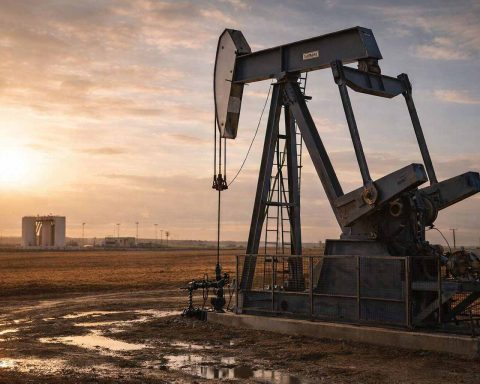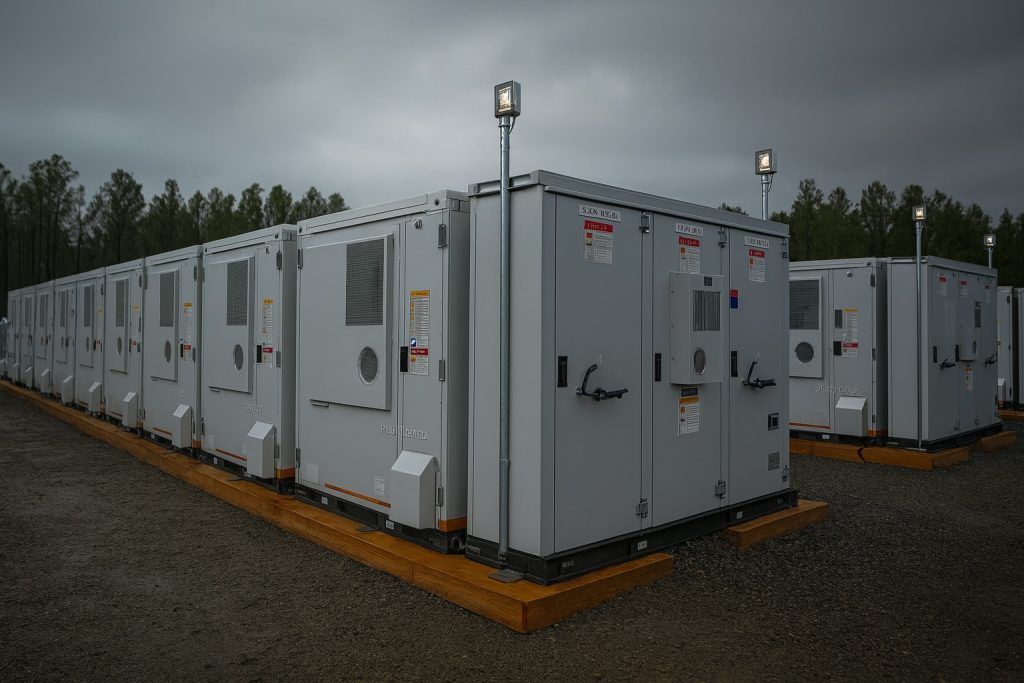- No new federal checks have been approved. Congress has not passed any 2025 stimulus package, and the IRS confirms that no new payments of $1,390, $1,702 or $2,000 are coming. As news outlets note, “neither Congress nor the IRS has authorized a new round of federal stimulus checks,” and “the IRS will not send any stimulus check in October 2025” economictimes.indiatimes.com hindustantimes.com.
- IRS and Treasury say the rumors are false. An IRS spokesperson bluntly stated that claims of an imminent check are bogus: “the IRS says there are no new stimulus checks on the way” livenowfox.com, and an IRS official told the AP: “Taxpayers will not receive new stimulus checks of any amount this summer” apnews.com. All official announcements come from IRS.gov or Congress.gov, and none mention any new payments hindustantimes.com apnews.com.
- Pending proposals, not reality. The only related legislation is Sen. Josh Hawley’s American Worker Rebate Act, which would use tariff revenues to send roughly $600 (up to $2,400 per household) to qualifying Americans economictimes.indiatimes.com apnews.com. But no bill has become law: as of late September 2025 Hawley’s rebate plan “has not passed the Senate or the House” apnews.com. Former President Trump’s ideas (a “tariff rebate” or “DOGE dividend” of up to $5,000 per household) remain purely speculative talking points, not actual policy economictimes.indiatimes.com livenowfox.com.
- State relief vs. federal checks. A few states have offered one-time “inflation relief” rebates this year – for example, New York sent up to $200 or $400 checks to low- and moderate-income filers, and Pennsylvania, Georgia, and Colorado issued modest rebates or tax credits fingerlakes1.com economictimes.indiatimes.com. But these are state programs, not new federal “stimulus checks.” Florida and most states have no new cash payments; any relief has come through tax breaks or targeted aid economictimes.indiatimes.com fingerlakes1.com.
- Beware of scams. Fact-checkers warn that social media posts promising free cash are often scams or clickbait. The IRS and news outlets urge people to ignore unsolicited messages and stick to official channels. As one outlet summarizes, “those rumored $1,390, $1,700 or $2,000 payments don’t exist,” and scammers push these stories “to steal personal information” livenowfox.com fingerlakes1.com. Always consult IRS.gov or authorized tax advisors for payment information hindustantimes.com fingerlakes1.com.
Viral Rumors vs. Reality
In September 2025, a flurry of social-media posts claimed that American taxpayers were about to receive another round of cash payments – sometimes called a “fourth stimulus check”. Many versions of these rumors named specific amounts (commonly $1,390, $1,702 or $2,000 per person) and linked them to President Trump’s talk of tariffs or a proposed “DOGE dividend.” But none of these claims are true. News fact-checkers emphasize that “all such claims are false” hindustantimes.com. The IRS has not announced any new payments, and Congress has approved no new stimulus legislation for 2025.
Multiple outlets quote IRS officials who flatly debunk the hype. A Fox News live report quotes an IRS spokesman: “The IRS says there are no new stimulus checks on the way, despite viral claims” livenowfox.com. Likewise the Associated Press reports an IRS official saying, “Taxpayers will not receive new stimulus checks of any amount this summer” apnews.com. In short, the only stimulus checks coming are the ones already completed in 2020–2021. As the AP notes, those past payments were all authorized by Congress through specific pandemic-relief laws, and “no such legislation [for 2025] has passed” apnews.com fingerlakes1.com.
The Hindustan Times also reviewed the claims, noting that the IRS “will not send any stimulus check in October 2025.” It warns readers that viral posts claiming otherwise are baseless and “may be scams” hindustantimes.com. In fact, fact-checkers advise that the only trustworthy news about payments will come from official sources (the IRS and Congress sites) – neither of which lists any new October payment. In sum, the “fourth check” talk is purely internet rumor hindustantimes.com apnews.com.
Why These Rumors Persist
So why do people keep seeing these stories? One reason is confusion over old programs and a strong desire for relief amid rising costs. Some rumors may have stemmed from legitimate IRS actions (for example, distributing leftover Recovery Rebate Credit funds to people who missed the 2021 deadline apnews.com), or from misreading press about state rebates. Compounding this, viral headlines and misleading graphics (often on TikTok or Facebook) promise “free money” in eye-catching amounts.
Political factors also play a role. The discussion of a new check often comes up alongside talk of tariffs and proposals floated by politicians. For example, Senator Hawley introduced his American Worker Rebate Act of 2025, which would give at least $600 per adult (and $2,400 for a family of four) paid out of new tariff revenue economictimes.indiatimes.com. Similarly, former President Trump has publicly entertained a “tariff rebate” or even a $5,000 “DOGE dividend” paid out of government savings economictimes.indiatimes.com. These ideas generated headlines, but none have become law. As of September 23, 2025, Hawley’s bill “has not passed the Senate or the House” apnews.com. Likewise, Trump’s suggestions remain just proposals without any congressional action.
Experts caution that tying rebates to tariffs is tricky. The tariff-rebate plan would rely on uncertain import taxes, and critics argue such payments could be unpredictable. But even if politically popular, any new rebate or check must go through Congress. Until a bill is passed and signed, no money is distributed. As the AP fact-check reminds, “Stimulus checks… are authorized by Congress through legislation and distributed by the Treasury Department” apnews.com.
State and Local Relief vs. Federal Checks
It’s true that some state and local governments have provided cash payments in 2025, but these are not federal stimulus checks. For example, New York recently sent one-time inflation-relief checks (up to $200 for individuals or $400 for couples below certain income levels) fingerlakes1.com. Other states like Pennsylvania, Georgia, and Colorado have issued modest rebates, tax credits or property tax relief aimed at offsetting inflation fingerlakes1.com. Florida’s government, by contrast, has not created a state-funded cash rebate this year economictimes.indiatimes.com.
Even where they exist, these state payments differ from federal COVID-era stimulus. State rebates tend to target specific groups (low-income families, taxpayers, or utility bill assistance) rather than blanket cash to every adult. And importantly, they do not come from the IRS or require any federal legislation. Rumors about a fourth “federal” stimulus check often overlook this distinction. For instance, Florida media note that “no state-issued inflation relief checks [are] on the table” for Florida economictimes.indiatimes.com.
The only nationwide pandemic-era payments were the three IRS checks in 2020–2021, which ended with the ARPA $1,400 payment in early 2021. (Unclaimed amounts from the third check’s Recovery Rebate Credit are still being settled, but the deadline to claim those was April 15, 2025 fingerlakes1.com apnews.com.) After that deadline passed, the Treasury kept unclaimed funds and no further payments were authorized.
How to Check Official Info (and Avoid Scams)
Given the swirl of misinformation, experts advise Americans to stick to trusted sources. The IRS’s own announcements (on IRS.gov) and Congress.gov are the only places new relief would be announced. As one news report warns, “Stick to official government sources—IRS.gov or a licensed tax preparer” fingerlakes1.com. The IRS also publishes news releases on any new programs.
Meanwhile, be very cautious of unsolicited messages. Fact-checkers emphasize that posts about easy money can “often be a trap for scams” hindustantimes.com fingerlakes1.com. The IRS has issued repeated warnings about phishing and impersonation scams related to supposed stimulus checks. Never click suspicious links or give out personal data based on a social-media post. Instead, use official tools like the IRS “Where’s My Refund” portal to verify any tax or refund status fingerlakes1.com.
In short, ignore the viral hype. As the AP Fact Check concluded, claims of more checks this year are simply false, and the government “will not issue more stimulus checks unless Congress says so” apnews.com. Until lawmakers officially vote on something new, Americans should treat any claim of an upcoming check as a rumor.
Sources: Verified news reports and official statements from the IRS, Congressional trackers, and fact-checkers hindustantimes.com livenowfox.com apnews.com economictimes.indiatimes.com fingerlakes1.com. All cited sources make clear that no new federal stimulus payments have been approved for 2025 and that viral posts promising such checks are untrue.









